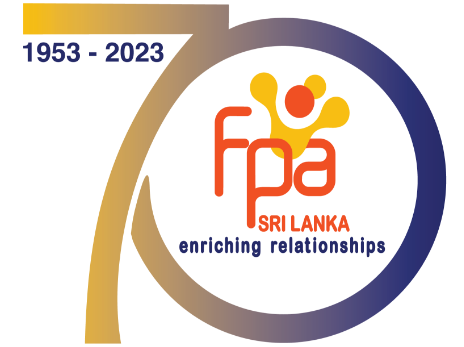End the silence on Endometriosis!

Loud and clear is the terrible statistic that 1 in 10 women are affected by endometriosis (Endometriosis Foundation of America), which is a frequent painful disorder, where tissue similar to the lining inside of the uterus, which is called the endometrium grows outside the uterus, causing pain and/or infertility.
Endometriosis is worsened by lack of knowledge and awareness, delay in diagnosis, and can cost the country substantial expenditure through loss of work and healthcare costs.
Although menstruation is a natural occurrence, million are denied the right to manage their menstrual cycle in a dignified manner and cultural taboos, shame, and stigma make it difficult for women to be able to openly share and discuss the issues they face during menstruation.
The notion that menstrual pain is normal and has to be tolerated, prevents women from speaking about such issues, guilts them into believing that they are being fussy about normal female phenomena, and leads to many women suffering in silence.
Symptoms associated with endometriosis vary and include a combination of painful periods, chronic pelvic pain, pain during and/or after sexual intercourse, painful bowel movements and urination, fatigue, depression or anxiety, abdominal bloating, nausea, and infertility.
Risk Factors for Endometriosis
Family history
If someone in your family has endometriosis, your risk for developing it is higher than those with no family history of the condition.
Menstrual cycle characteristics
The more exposure you have to menstruation, the higher the chance you have of developing endometriosis. Factors that increase your menstrual exposure and thus your risk include:
- having 27 days or fewer between each period
- starting your first period before the age of 12 years
- experiencing periods that last seven days or longer each month
Symptoms often improve after menopause, but in some cases painful symptoms can persist. In some cases, endometriosis can be asymptomatic.
Any pain, that is intolerable to any individual, demands conversation, awareness and medical attention at its earliest, especially as it can be better managed and contained when diagnosed early. At present, there is no known cure for endometriosis, and treatment is usually aimed at controlling symptoms.
There are two treatment options for endometriosis – medical and surgical, depending on symptoms, lesions, desired outcome, adverse side effects, long-term safety, costs, availability and patient choice. Contraceptive steroids, non-steroidal anti-inflammatory medications, and analgesics (painkillers) are common therapies.
Surgery can remove endometriosis lesions, adhesions, and scar tissue. However, success in reducing pain symptoms and increasing pregnancy rates are often dependent on the extent of the disease.
Diagnosis of endometriosis is made by taking a detailed history, followed by an abdominal, pelvic, and rectal examination of the patient and investigations into an ultra-sound scan of the abdomen, an MRI or diagnostic laparoscopy. The gold standard for diagnosis is laparoscopy.
Awareness is the first step. The second step is to emphasize the importance of sensitizing medical professionals to cater to sexual and reproductive health needs, without stigma and to improve their competency and skills to screen, diagnose, manage, or refer patients with endometriosis. Referral systems and enhanced equipment that diagnose endometriosis must also be put in place. There is a need for more research around the world to ensure effective prevention, early diagnosis, and improved management of the disease.
Educate yourself and help educate others, never underestimate the power of your story. Sharing your story and experiences can make someone feel validated, supported and less alone.
The Endometriosis Association of Sri Lanka, the Endometriosis Awareness and Support Foundation, the Colombo South Teaching Hospital and the FPA Clinic can be contacted on 0779552979 for more information.
Period pain may not always be a trivial ‘girl issue’. Listen to your bodies and speak to someone of your condition if you are in pain. Don’t let the condition control your life, goals and dreams and steal away the woman in you. Break the silence: pain should not be a hushed subject and you need not suffer in silence.
.png)



